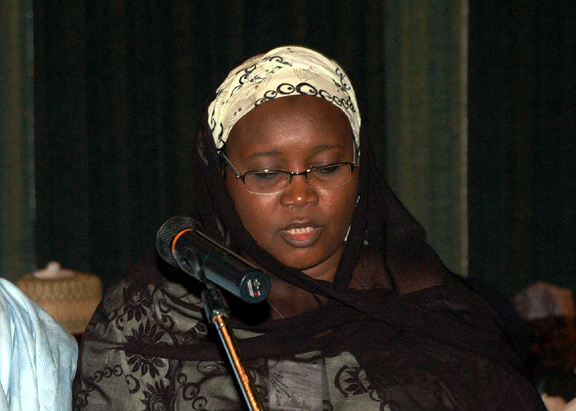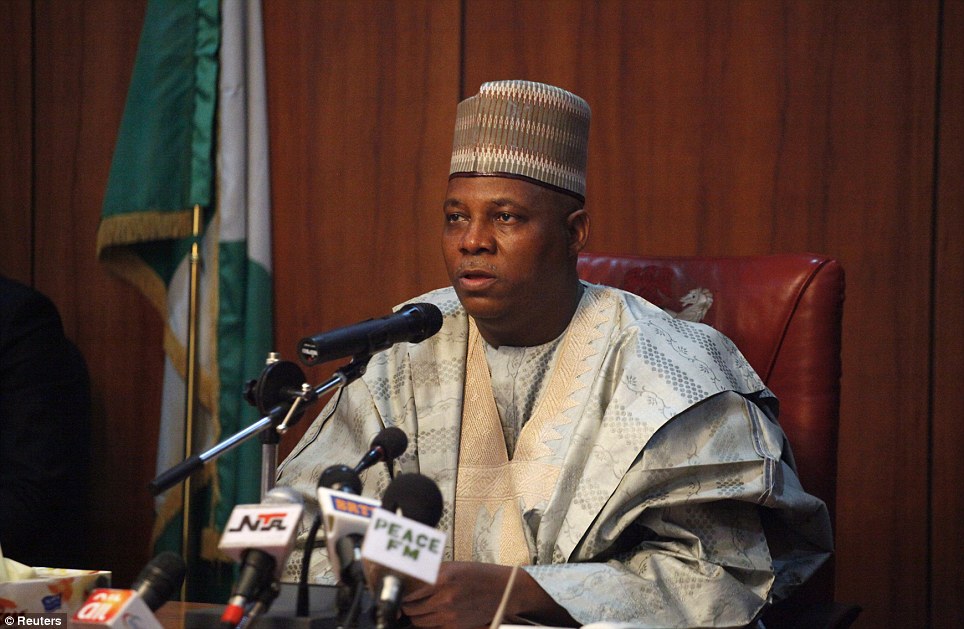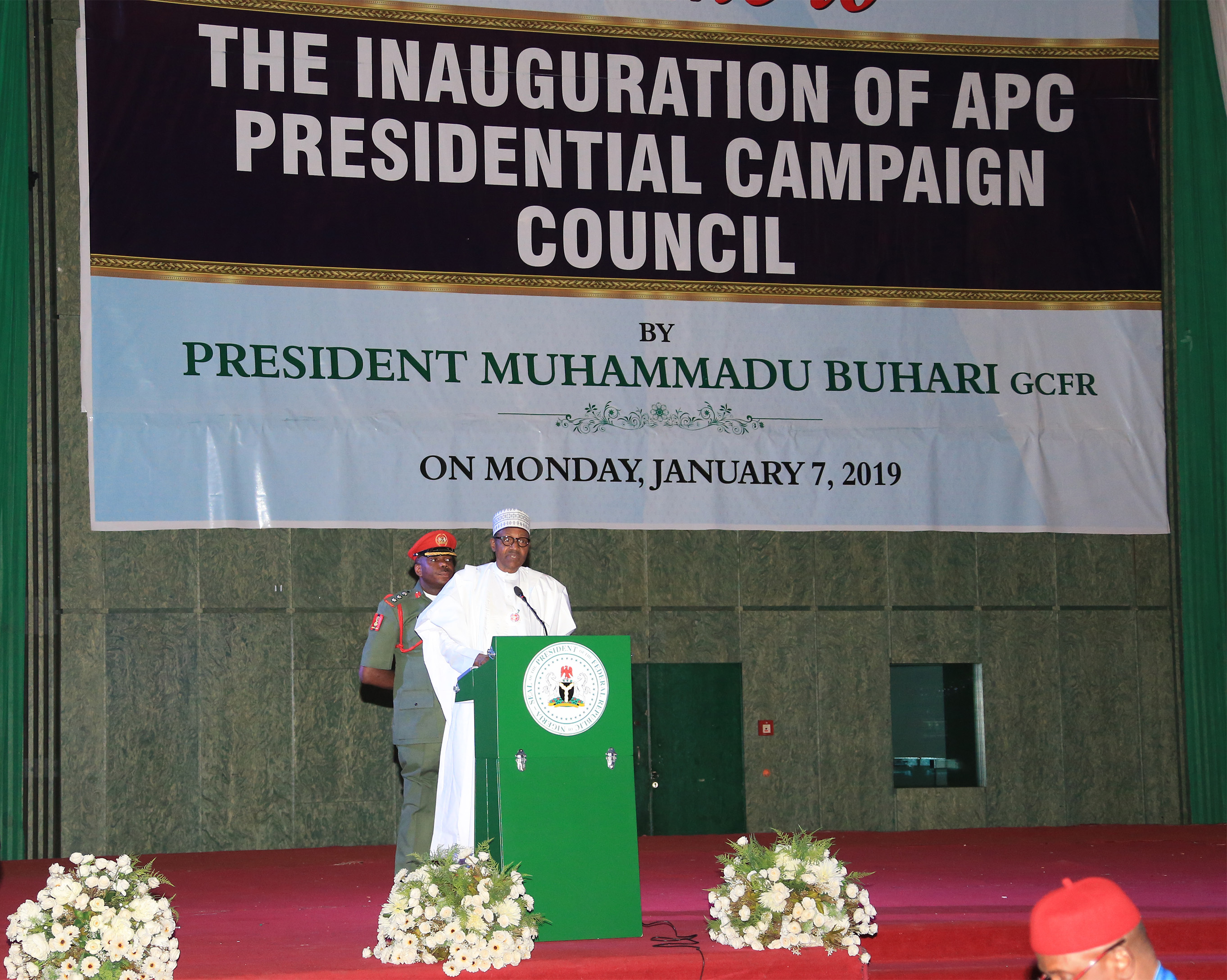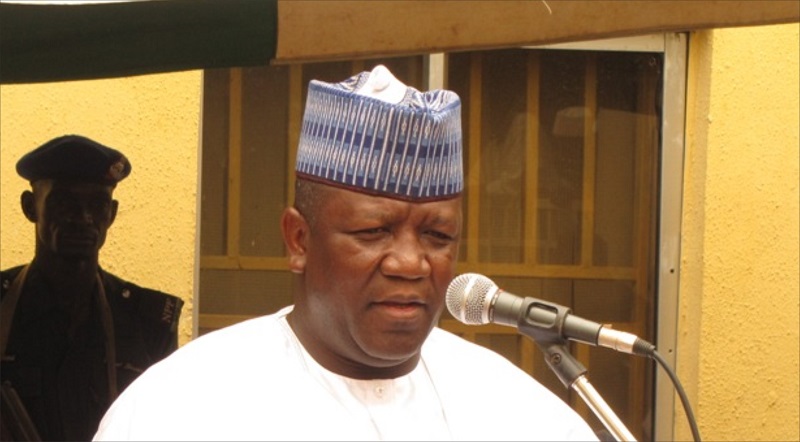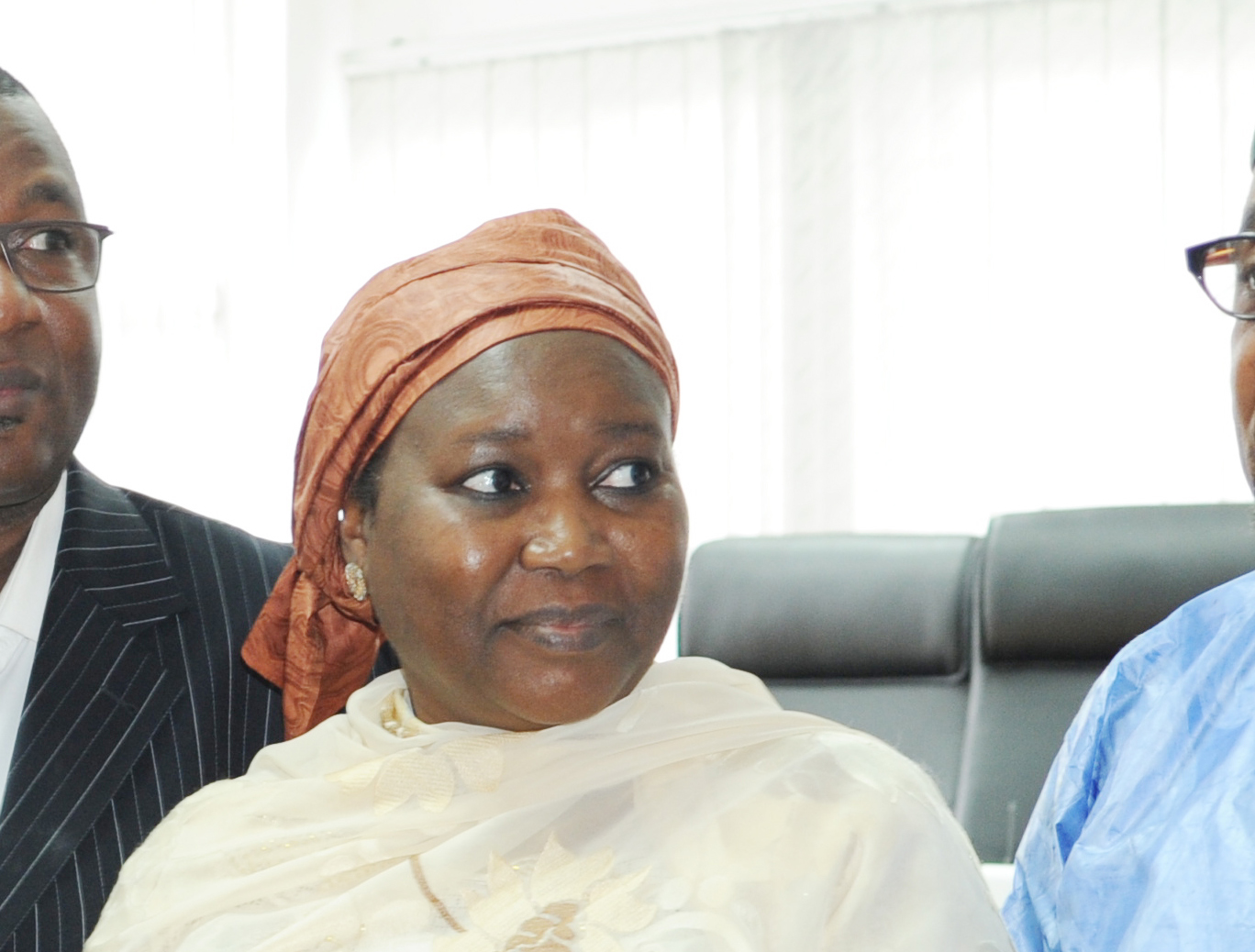The squirrel in traditional African worldview is the animal which got summarily killed by the searing pellets from the bullets of the hunter due to its inability to discern. Its roasted head, made into a gourmet and displayed on a platter, preparatory to being devoured for dinner, is held in African homes of yore as a lesson to men and women who disdain wise counsel.
The squirrel’s corpse, stretched thin, pierced with a skewer and eventually laid out for roast on the iron gauze in the evening by the hunter’s wife, a gently billowing fire underneath the gauze drying the notorious scalp that houses the squirrel’s oblongata, is usually invoked to tell the story of how inability to apply a discerning mind at critical junctures of life usually lands a diffident man in the biblical Golgotha.
Same squirrel, however, whenever it smells danger ahead of it in the forest, exhibits a wisdom which mankind scarcely manifests. Most times though, the squirrel is diffident and leaned on its own misunderstanding. How then did it come to be the poster of appropriate reward for those who fail to yield to wise counsel?
While on hunting expedition, the hunter took his time to examine the mannerism of, for example, the squirrel. He came to conclusion on its discerning mind and the fatality that befalls it whenever it fails to yield to the prompting of its inner mind.
Advertisement
From their observations, hunters discovered that squirrels have a spirit of discernment as well, but which they many times fail to put into use. For example, it is said that, when a squirrel, apparently exhausted from its walk all day across farmlands, famished and seeking what to eat, walks tiredly into an open farmland, it is guided by an alertness which man ought to learn from. Like manna fallen from heaven, the squirrel suddenly beholds this lone ripe palmnut. Fascinating in all respect, the nut may even have this unusually plumpy look, apparently bolstered by its nurture and the fertility of its growth. But hunters say that, at that juncture between life and death, the squirrel would look up to see whether there is a palm tree around and whether the lone palm nut fell off it. It will also look sideways, perhaps there is a fallen palm tree from where the nut proceeded. Unable to see these major indicators, a red flag will immediately fly on the squirrel’s mind. It will then mutter its kuk-kuk-kuk-kuk lingo in rapid succession to indicate a potential threat which hunters interpreted to mean, ‘how did this nut get here?’ Unable to get a logical explanation, the squirrel would move on, in spite of the biting pang of hunger wracking its belly. The story would be different if the squirrel stumbled on a pod of palm nuts. It will thank its stars by rubbing the palms together in supplication and go ahead to devour the resplendent nuts.
The story that is gaining currency in Nigeria’s political information highway, about Hajiya Amina Zakari, a commissioner with the Independent National Electoral Commission (INEC) who was announced last week by the commission’s Chairman, Professor Mahmood Yaakubu as Chairperson of the Presidential Collation Centre, among other committees, brings to mind the above allegory of the squirrel. Zakari’s appointment as head of that committee had immediately courted uproar in political circles. The Peoples Democratic Party, (PDP) while denouncing it as a gross manifestation of the inclination to subvert electoral process that it had always accused President Muhammadu Buhari and the All Progressives Congress (APC) of nurturing, immediately cried foul, followed in tow by some other political parties, as well as other political commentators.
The contention over the Amina Zakari issue is this: Following the family tree of the Buharis in Daura, Katsina State, a certain blood sister of Buhari the President of the Federal Republic of Nigeria and APC’s standard bearer in the election that is about 38 days hence, had reportedly journeyed to neighbouring Kazaure where she got married some years ago. Her daughter is alleged to be the current INEC commissioner, the subject at issue. The allegation went further as saying that her brother is the current Emir of Kazaure and that the young Muhammadu Buhari lived with his in-laws at Kazaure while growing up. The story of her appointment into INEC is said to be that, ex-President Goodluck Jonathan, seeking nomination into the commission at the thick of his drive for reform of INEC, which landed him the nomination of his nemesis, Attahiru Jega, had allegedly asked Buhari for a nominee and who later, allegedly too, forwarded Zakari’s name to the Bayelsa-born former president. What is more, Buhari was said to have demonstrated previous filial bonding with this niece of his and that this bond had, driven him, a former military Head of State, to nominate Zakari into juicy top Nigerian jobs. For instance, Hajiya Kazaure worked hand-in-glove with Buhari at the Petroleum Trust Fund (as Senior Consultant/Chief Pharmacist, especially in the PTF-funded health projects which spread across the country.). Hajiya Kazaure’s brother is said to be a minister in the current government, her in-law the current Director General of NYSC and another is a commissioner in Jigawa State.
Advertisement
Now, on the score of misconstrued boundary of filial piety which drives holders of Nigerian political office to seek first their family members for juicy offices before any other, the PDP should shut its traps as this is an ingrained devious vice that is resident in the gene of the Blackman. Buhari is not the only culprit. Former Emory University, America’s Professor, Richard Joseph, had theorized this virus as native to the Nigerian political system in his book which he entitled Democracy and Prebendal Politics: The Rise and Fall of The Second Republic. This was further given fillip by Peter Ekeh’s theory of the two publics. When Donald Trump manifested same prebendal gene by entrusting American political office into the hands of his son-in-law, he gave this nepotist vice a handshake across the Atlantic ocean. However, the issues in Hajiya Kazaure’s appointment are far more serious, far more grievous and in dire need of an in-depth scan than we have given it.
There is no doubting the fact that in a Northern Nigeria where women are perceived as chattels fit only for the pleasurable usage of the male gender in “zi oza room,” Zakari has carved a niche for herself as able to square up with any man in intellectual output and can stand her own in any cross-gender mental contest. A princess of Kazaure, she was born on June 23, 1960 and her father was the late Emir of Kazaure, Hussaini Adamu. She is a product of the prestigious Queens College, Lagos and holds a Bachelor of Science degree in Pharmacy with an Ahmadu Bello University, Zaria’s degree of Second Class Upper and the garland of the Best Graduating Student of her 1980 set. She has since scooped many other academic qualifications. She is a widow who has single-handedly raised the five children products of her marriage to Bala Zakari Kazaure since his demise in December, 2000. Her intimidating resume is further sauced with her membership of the Pharmaceutical Society of Nigeria. When Attahiru Jega declined the extension of his tenure as chair of INEC upon Buhari’s presidency, which expired on July 30, 2015, Buhari even nominated Hajiya Kazaure as the Acting Chair of the commission, making her the first woman in the history of Nigeria to be so appointed.
With such an imposing resume, appointees like Kazaure should ostensibly be the kind that should be entrusted with the task of divining a future for Nigeria’s stagnant nationhood, irrespective of their ethnic nationality and the facts of their births. However, her rise in the Nigerian political firmament is said to be a product of that monstrous and destructive evil of nepotism which has riven Nigeria apart and is responsible for her stymied growth. To be sure, there are a thousand and one Nigerians whose resumes far dwarf Kazaure’s but who are at some backwaters struggling to eke a living.
For us as a people and as far as the 2019 election is concerned, only a warped mind, coloured by the opaque gloss of political standing, should belittle the issues raised against this high-flying professional and adroit Amazon, Hajiya Kazaure’s continued employment in this electoral umpire job. Top on the list of these stymied minds is the presidency itself. In a statement issued by presidential spokesman, Garba Shehu, the presidency had attempted to wave the grave allegation off as a non-issue but ended up with a waffle. “President Buhari and Commissioner Amina Kazaure don’t share a family relationship. An inter-marriage occurred in their extended families, so the imputation of blood relationship between the president and the electoral commissioner is a simple lie,” he had said.
Advertisement
If this is not a waffle, I don’t know what else is. If the opposition dragged its imputation of blood relation, strong enough to compromise the upcoming elections, before the public and graphically dragged Buhari before the court of the people, how come the presidency is shrouding where it stands with a half yard-sized imprecision? Are the people of Nigeria so insignificant not to be worthy of being shown the graphic nature of this “extended families inter-marriage”? How can the presidency be so naively uninformed as to call “extended families inter-marriage” ordinary when we all know that marriage, in African customary practice, is one of the most potent linkages that gives a seeming cultic binding to the lives of the people? If inter-marriage link was that ordinary, how come Hajiya Kazaure also featured prominently in Buhari’s PTF? Or was it also a coincidence?
A perfect analogy of the Buhari government and INEC’s indecorous and indeed fatal choice of Hajiya Kazaure is the judiciary. A judge who is chosen to adjudicate in a matter over which she has a conflict of interest, in the pursuit of the principle of fairness and equity, is demanded by judicial norm to recuse herself from it. Sensing that she may be hamstrung from being impartial because of a potential conflict of interest, such judge is enjoined to recuse self from such matter so as to avoid bias. This is why Hajiya Kazaure should not only recuse herself from the Presidential Election Collation Committee, she should also excuse herself from INEC, not later than immediately. Her potential bias looms large in the 2019 elections. It is immaterial that she may not even lift a finger on the side of the President and his party, the APC. If Nigerian institutions were functional, there should be no debate on the path of honour that this epitomizes. No system would allow this anomaly to fester as this, with a potential to derail an election that has a pervasive implication on the people’s tomorrow.
The squirrel allegory would be a fitting warning to those who think that the alarm over Hajiya Kazaure’s appointment is too inconsequential to detain us any further, since even if the APC truly intended to rig the elections, it could do that without the huge-resume Hajiya’s assistance. But that is neither here nor there. If the February presidential election does not reflect the wishes of the people of Nigeria, we would continue on the consistent national path of delivering Nigeria as a gourmet, displayed on a platter, preparatory to being devoured for dinner. There must be a spiritual link between Nigeria’s electoral waterloo and her consistent immiseration, reflected in unelected persons who are supplanted as holders of offices. Have we bothered to research into the spiritual connotation of the democratic process of election? I believe that a spiritual bond is developed, something akin to a blood oath, between the electors and the elected on election day. When the process of this spiritual link is severed by an impostor, there is a curse that is heaped on the land where this electoral tragedy takes place. More curse is heaped on perpetrators of this heinous crime against humanity.
For all we care, this may be the cause of Nigeria’s developmental stagnation over the decades, right from the First Republic when politicians bayoneted themselves into the polling booths and falsified figures, awarding election results to those who possessed the highest cash and had the instrumentality of violence. Could this be why, borrowing from South African Alex La Guma, Nigeria totters at nocturne as she walks for almost sixty years in the dark?
Advertisement
For us as a people, there is the need to divorce ourselves from the un-enduring sweet-nothings – apology to Professor Ayo Olukotun – that are emanating from politicians as the campaigns progress.Or what we stand to gain from belonging to or canvassing their election. Nigeria should be the key factor in this campaign. Like the squirrel, we seem to be standing at a critical threshold where a decision for or against the contending political parties could have a critical implication on our tomorrow. Even though I believe that the presidential election is a choice-less choice between Atiku Abubakar and Buhari, a choice between the two has far-reaching implications for us as a people. Among those routing for either of the two, none of them is likely to leave Nigeria after May, when the winner is sworn in. We will all live with the consequences of our choice, either positively or negatively. This is why I am of the opinion that our stand is analogous to that squirrel confronted with a lone palm nut which signifies an ominous danger. Should we choose to eat the palm nut and die or decline choice and live?
Nuhu Ribadu and his 40 ‘riba dun’ cars
Former Chairman of the Economic and Financial Crimes Commission (EFCC), Malam Nuhu Ribadu, stunned those who believed that he was immune from the malady of the time and the natural inclination of the Nigerian politician to play the fool. At an occasion in Yola last week dedicated to the inauguration of 40 vehicles purchased by him and donated on behalf of his support group, Black Cap Revolutionary Movement, for the mobilisation of voters in Adamawa for, according to him, President Muhammadu Buhari’s re-election campaign, Ribadu waxed lyrical at his newfound shamelessness. He even predicted that the president would get a double of the votes cast for him in Adamawa State Ribadu said he was committed to mobilizing his home state of Adamawa and its people, alongside other stakeholders, so as to ensure that Buhari wins in the state. Which is a legitimate aspiration.
Advertisement
“Adamawa is 100 per cent for Buhari; we will make sure Buhari is re-elected, because he deserves it. Let’s help Buhari so that he can continue to work for Nigeria,” Ribadu had said. Ribadu is currently the Director of Field Operation of Presidential Campaign Council of Buhari/Osinbajo.
Don’t get me wrong. Ribadu has a legitimate right to align with whoever he desires in the presidential election and the right of alignment with whoever he is persuaded could fulfill his aspiration as a Nigerian. Since leaving the Police Force, Ribadu has tried his hands on politics, oscillating from aspiring to be the president of Nigeria and later perching as low as seeking the governorship slot of same Adamawa State. What Ribadu is not permitted to to display this blandish politician’s affiliation and yet go away with the public image he effortlessly garnered while he was in the saddle as a widely-feared EFCC czar as a cousin of angel Gabriel. The two positions and impressions are diametrically opposed. You will recall that the fear of Roibadu was the beginning of wisdom while he held sway in office. Even when widespread accusations trailed him as being an anvil in the vindictive hands of Olusegun Obasanjo who was allegedly using EFCC to harangue his political enemies, Ribadu towered high in his resplendent moral babanriga as a cop with a purpose who subscribed to the tenets of purity and purification of the Augean stable. What we are witnessing now is a total deconstruction of that effigy which Nigerians hung on the lintels of their homes as the avatar of cleanliness.
Advertisement
For, how can Ribadu explain how he came about the funds with which he purchased the 40 cars? What job does he do since leaving the Police Force? How much is his gratuity and pension combined worth, to be able to finance the cost of purchase of 40 brand new vehicles? It also goes to the fundamental of the ills that plague us as people, especially one that afflicts our electoral system. What sieve is being held to the campaign purses of political office aspirants and what is the ceiling? How does the system ensure that impure money does not filter into campaign funds of political parties? The other day, a gubernatorial candidate of one of the political parties in Oyo state stunned the world in an indecorous and incongruous display of 100 cars, dead to its negative effect on the psyche of a populace that is disturbed by acute lack and abject poverty. Aside the moral angle to all this, how much does each of the cars cost? Who donated them, if Ribadu and the other fellow didn’t? How much was spent on them? What is the implication for post-election if this was done by a surrogate? Would this not give the surrogate undue advantage into the public till post-election? Can’t impure money be laundered through this channel?
By the way, riba, a Yoruba word for bribe and its expression in its not too dissimilar rendering as riba dun, (bribe is sweet) an inflection of Nuhu’s surname, may be jutting out somewhere in this transaction, unless policeman Ribadu acquits self in the court of the Nigerian public that held him like some matador who changed the face of corruption in Nigeria. Can we have an idea of how these 40 cars came into legitimate being? How does Nuhu marry his towering image as a no-nonsense anti-corruption czar with this demeaning image as a politician who is ready to lick the sore-encrusted feet of politicians so as to be shoveled into political positions?
Advertisement
This brings on board the germane question: What exactly does Ribadu want? What drives him? Was he merely an anti-corruption fluke or an impostor lucky enough not to be deconstructed while in office? Is this the process of the beginning of his deconstruction? It reminds me once again of an imperishable quote that hangs on my mind like a talisman on the neck of a Hindu The moment Ribadu left EFCC and began to aspire for political offices, the quote crept on my mind and has refused to exchange its tenancy ever since.It is one which says that the moment a man sets his eyes on an ambition, a rottenness begins in him. It tells me that this may just be the beginning of a decay in the persona of Ribadu which has just begun to tug at the nose of the world with its rebarbative disturbance.
Views expressed by contributors are strictly personal and not of TheCable.
Add a comment

